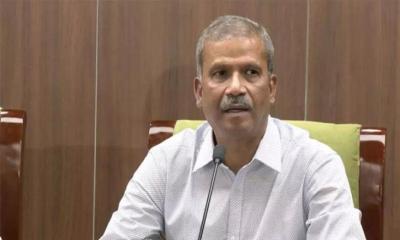Even the incessant monsoon showers a day before could not improve Dhaka's air quality as it remained 'unhealthy' on Friday.
With an air quality index (AQI) score of 141 at 9.49am, the metropolis ranked sixth in the list of world cities with the worst air quality.
India’s Delhi, Chile’s Santiago, and United Arab Emirates’ Dubai occupied the first, second and third spots, with AQI scores of 194, 170 and 160, respectively, in the list.
An AQI between 151and 200 is considered 'unhealthy' for everyone and members of sensitive groups may experience more serious health effects.
Similarly, an AQI between 201 and 300 is said to be 'poor', while a reading of 301 to 400 is considered 'hazardous', posing serious health risks to residents.
AQI, an index for reporting daily air quality, is used by government agencies to inform people how clean or polluted the air of a certain city is, and what associated health effects might be a concern for them.
In Bangladesh, the AQI is based on five criteria pollutants -- Particulate Matter (PM10 and PM2.5), NO2, CO, SO2 and Ozone.
Dhaka has long been grappling with air pollution issues. Its air quality usually turns unhealthy in winter and improves during the monsoon.




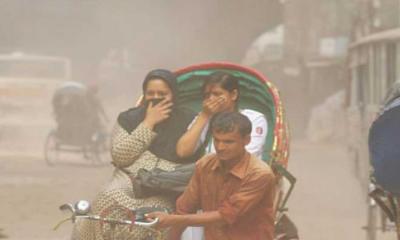
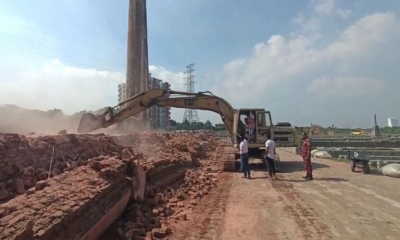
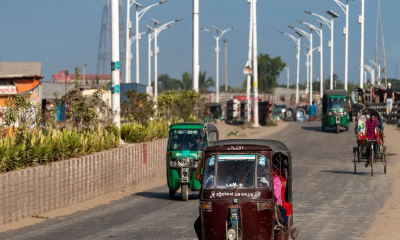
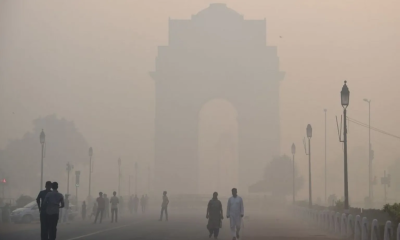
-20251226051932.jpeg)
-20251222051606.jpeg)
-20260216115008.webp)






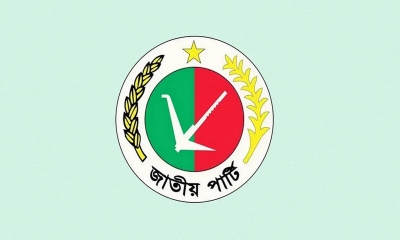
-20260216055149.webp)





